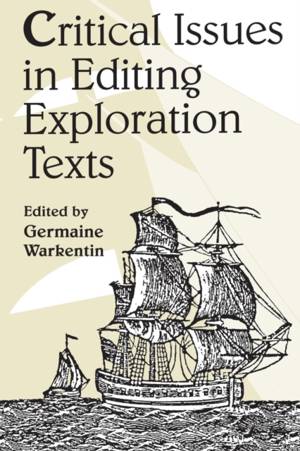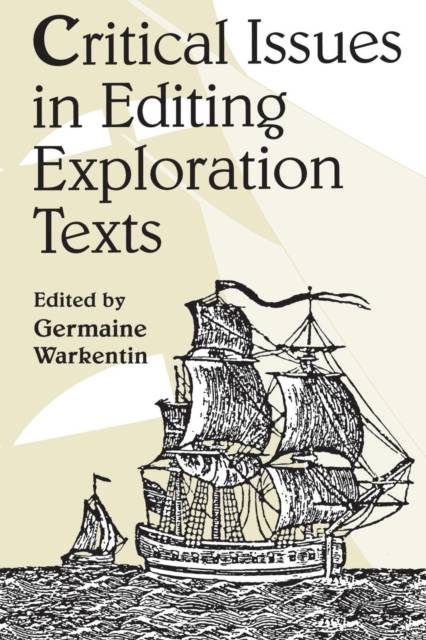
- Afhalen na 1 uur in een winkel met voorraad
- Gratis thuislevering in België vanaf € 30
- Ruim aanbod met 7 miljoen producten
- Afhalen na 1 uur in een winkel met voorraad
- Gratis thuislevering in België vanaf € 30
- Ruim aanbod met 7 miljoen producten
Omschrijving
The papers in this collection deal with a cultural problem central to the study of the history of exploration: the editing and transmission of the texts in which explorers relate their experiences. The papers chart the transformation of the study of exploration writing from the genres of national epic and scientific reportage to the genre of cultural analysis. As well, they reflect ongoing changes in our ideas about editorial procedures, literary genres, and cultural appropriation.
This volume begins with a paper by David Henige, who confronts the classic editorial problems associated with the writings of Christopher Columbus. Luciano Formisano, studying Amerigo Vespucci, illustrates the technical problems associated with transmission. David and Alison Quinn examine Richard Hakluyt's Discourse on Western Planting (1584). I.S. MacLaren investigates the publication, in the nineteenth century, of field notes by Canadian artist Paul Kane. Helen Wallis's paper looks at the institutionalization of 'exploration writing' in the activities of the great publication societies. Finally, in a paper that throws into question assumptions about textuality that would have seemed unassailable three decades ago, James Lockhart examines the textual editing of Nahuatl versions of the conquest of Meso-America.
Specificaties
Betrokkenen
- Auteur(s):
- Uitgeverij:
Inhoud
- Aantal bladzijden:
- 166
- Taal:
- Engels
- Reeks:
Eigenschappen
- Productcode (EAN):
- 9781442655034
- Verschijningsdatum:
- 15/12/1995
- Uitvoering:
- Paperback
- Formaat:
- Trade paperback (VS)
- Afmetingen:
- 152 mm x 229 mm
- Gewicht:
- 254 g

Alleen bij Standaard Boekhandel
Beoordelingen
We publiceren alleen reviews die voldoen aan de voorwaarden voor reviews. Bekijk onze voorwaarden voor reviews.









